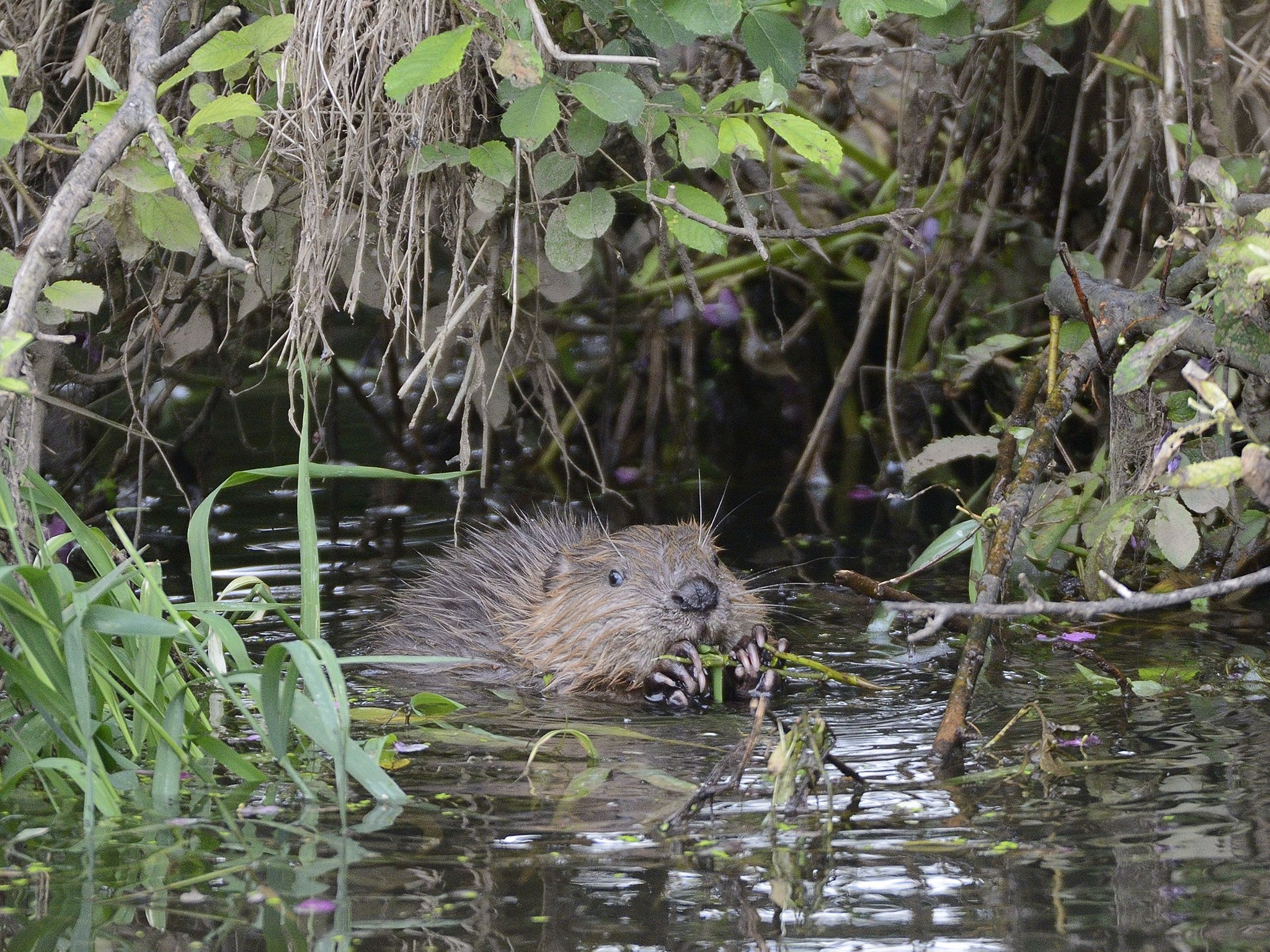Rewilding: Reintroduction extinct species back to Britain will be 'enormous' challenge, study finds
There are ambitious plans to revive biodiversity by reintroducing native species, including wolves, beavers and lynx

Your support helps us to tell the story
From reproductive rights to climate change to Big Tech, The Independent is on the ground when the story is developing. Whether it's investigating the financials of Elon Musk's pro-Trump PAC or producing our latest documentary, 'The A Word', which shines a light on the American women fighting for reproductive rights, we know how important it is to parse out the facts from the messaging.
At such a critical moment in US history, we need reporters on the ground. Your donation allows us to keep sending journalists to speak to both sides of the story.
The Independent is trusted by Americans across the entire political spectrum. And unlike many other quality news outlets, we choose not to lock Americans out of our reporting and analysis with paywalls. We believe quality journalism should be available to everyone, paid for by those who can afford it.
Your support makes all the difference.The reintroduction of extinct species across rural Britain will have to overcome “enormous” challenges to be successful, a major study of the UK’s largest “rewilding” project has found.
Rewilding is an increasingly popular strand of conservation. There are ambitious plans to revive biodiversity by reintroducing native species, including wolves, beavers and lynx. But new research for the Royal Geographical Society (RGS) has detailed the range of challenges facing the restoration of ancient habitats and returning of lost species to the wild.
According to the study, which will be presented to the RGS on Wednesday at its yearly conference, a number of “on-ground” challenges, including the unpredictability of wild animals, are likely to make rewilding difficult.
The research, by Dr Kim Ward from Plymouth University and Dr Jonathan Prior from Cardiff University, primarily looked at the recent Scottish Beaver Trial in Knapdale, which began in May 2009 with the release of three beaver families. The animals went on to breed successfully, making them the first wild beavers in Britain in 400 years.
While the scheme was been hailed as an “outstanding success” by conservationists, the study found it created “conflicts with other land users”, amid local concerns over “disruption to rural business”.
“Disruption to rural business is a chief concern of the most vocal critics of the Scottish Beaver Trial. They argue that the beavers’ potential to build dams along waterways, and fell trees, changes the dynamics of the wider landscape in ways that cannot be predicted and will negatively impact the rural economy,” said Dr Prior.
Dr Ward added: “These challenges arise when taking grand ideas for theory into practice, and when rewilding takes place we need to see how conflicts can be negotiated with the local community. Rewilding needs to be holistic, it can’t just be solely conservation-led.”
This summer a new campaign group, Rewilding Britain, called for lynx, wild boar and eventually wolves to be reintroduced to Scotland. The Scottish government has said there are no plans to reintroduce large predators.
Subscribe to Independent Premium to bookmark this article
Want to bookmark your favourite articles and stories to read or reference later? Start your Independent Premium subscription today.
Join our commenting forum
Join thought-provoking conversations, follow other Independent readers and see their replies
Comments